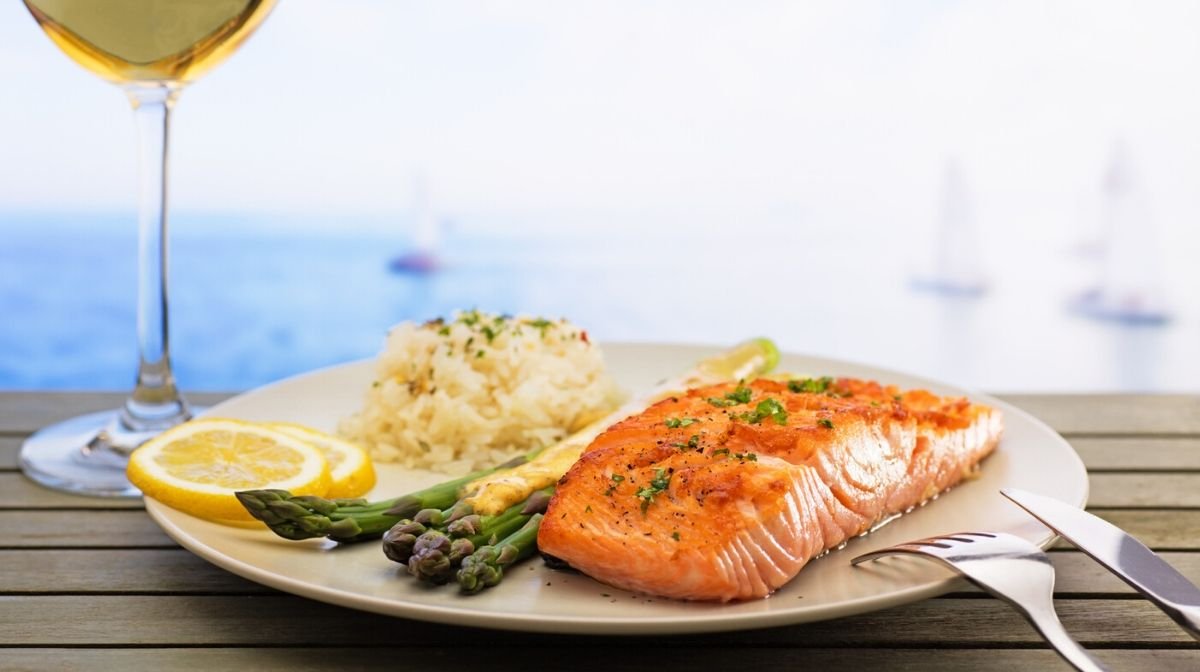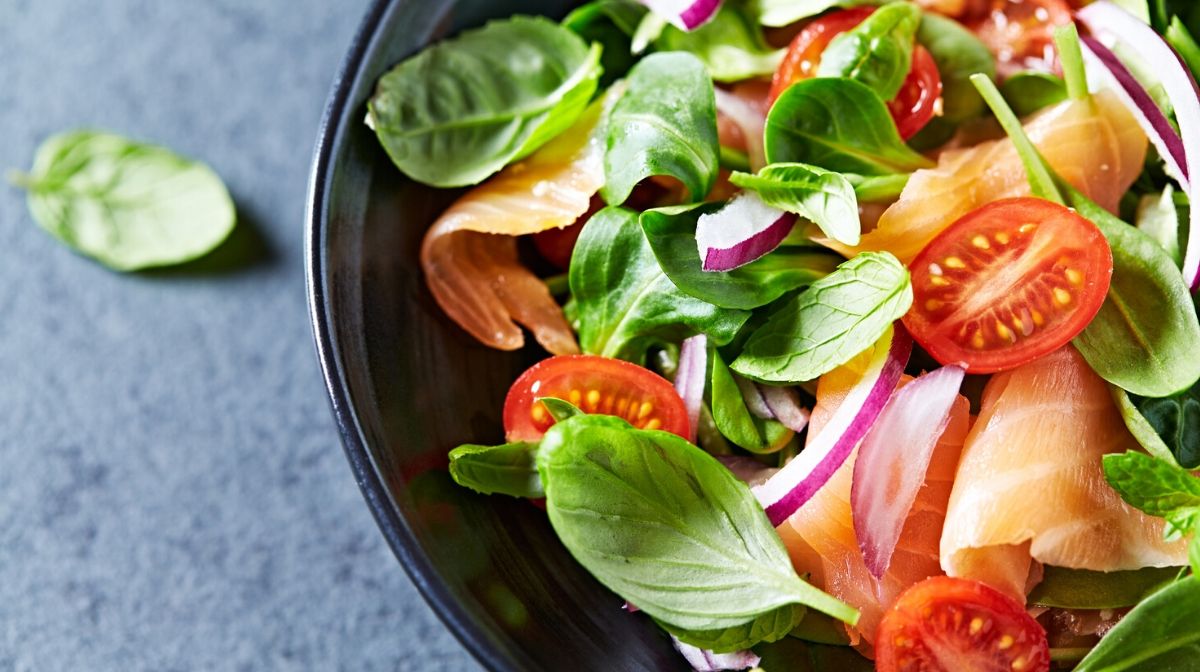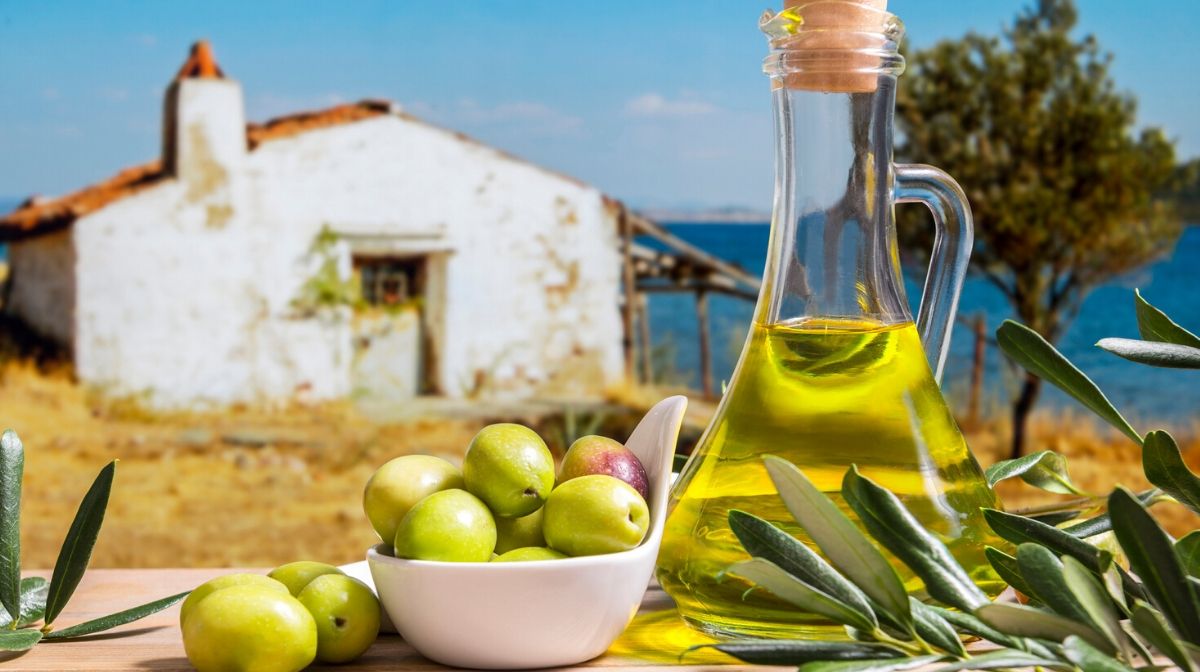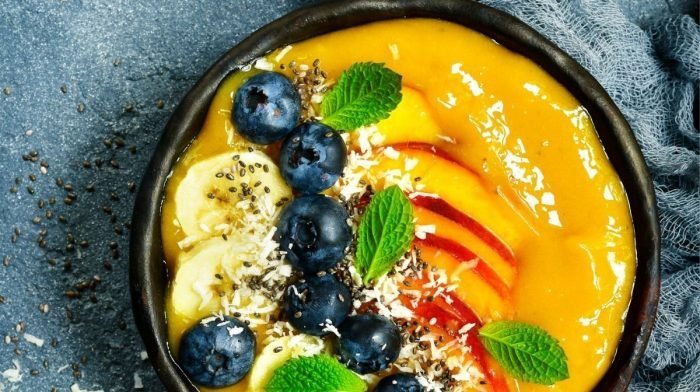Aside from the weather, one of the factors that sees many of us return to holiday destinations such as Greece and Italy year after year is the deliciously fresh Mediterranean diet.
Holiday plans for summer 2020 may look a little different to normal, but you can still enjoy all the flavours and health benefits of the Mediterranean diet at home.
The World Health Organization recognises the Mediterranean diet as a healthy and sustainable eating plan, and reports show that the incidence of coronary heart disease tends to be significantly lower in Greece, Italy and other countries bordering the Mediterranean Sea.

With this in mind, a Mediterranean diet plan could be a good way to get back on track with healthy eating after lockdown, as you slowly begin to get used to a new routine once again.
What is a Mediterranean Diet?
The Mediterranean diet is actually a plant-based diet, but it doesn’t have to be vegan or even vegetarian. Each Mediterranean-style meal should begin with colourful fruit, vegetables, nuts, seeds and healthy whole grains, with these healthy fibres typically accompanied by a palm-sized portion of protein.
Following a Mediterranean diet should see you consume fruit, veg, whole grains and healthy fats from olive oil, nuts seeds and fatty fish on a daily basis. Fatty fish, such as tuna, salmon, mackerel and sardines are also a source of omega-3, which has benefits for everything from heart health to brain health.
Make sure you’re incorporating poultry, beans and eggs into your Mediterranean diet plan on a weekly basis, and swap processed foods for whole foods wherever possible.

The Mediterranean diet is also rich in polyphenols, which are plant compounds containing natural antioxidants. Polyphenols can play a role in managing digestion, inflammation and even weight, thanks to their ability to feed the healthy bacteria in your gut microbiome. Examples of polyphenols in the Mediterranean diet include:
- Basil
- Oregano
- Sage
- Rosemary
- Celery seeds
- Capers
- Artichokes
- Green and black olives
The Mediterranean Diet Lifestyle
Following the Mediterranean diet should be about so much more than simply what you’re eating – it’s a whole lifestyle.
At the heart of Mediterranean living cherishing time with family and friends (something we’ll all relish so much more in the post-COVID world), taking the time to prepare, share and enjoy relaxed, leisurely meals away from screens, and making moderate, enjoyable exercise – such as walking in the countryside or swimming in the sea – a way of life.

If you’re embarking on a Mediterranean eating plan for the first time, you’ll need to get used to a different way of approaching food choices; for example, swapping sugar for fruit, honey or maple syrup; swapping refined grains for whole grains; and swapping trans fats for avocado, olive oil, nuts and seeds.
Drinks should be water or coffee or tea without any sugar or sweetener – although a key part of the Mediterranean lifestyle for many is also enjoying a glass of red wine with dinner each day.
If you don’t drink or are watching your alcohol intake, you can still experience the health benefits of red wine with Garden of Life Raw Resveratrol supplements, designed to support heart health, as well as healthy ageing.

